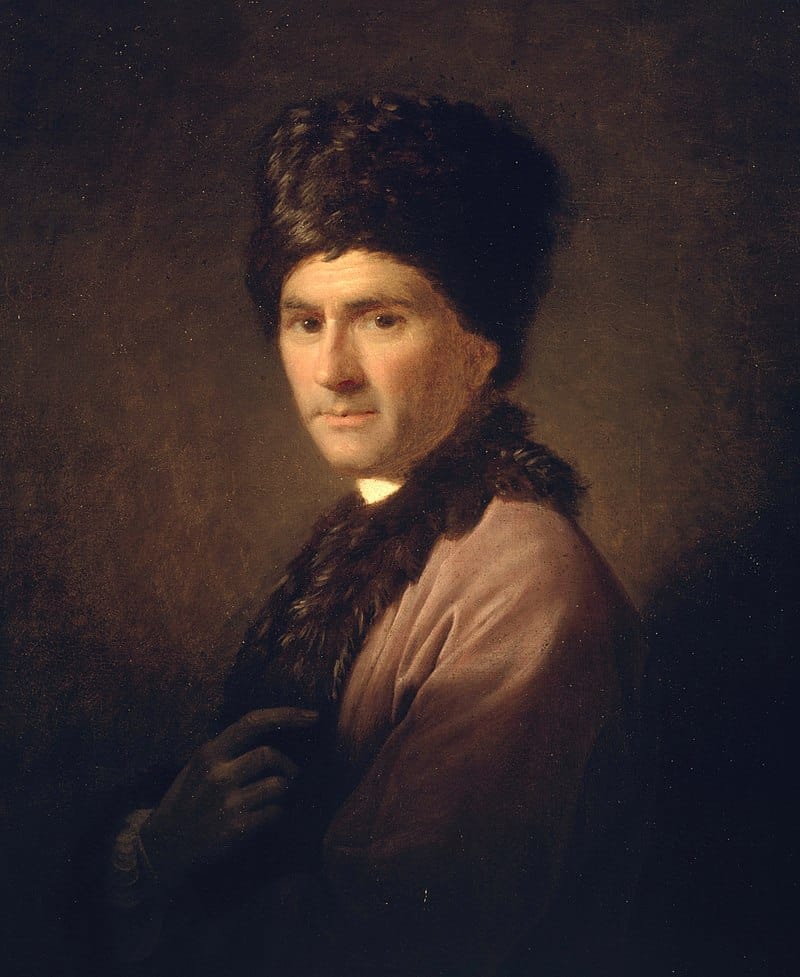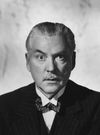Rousseau and Fables

The patron saint of Sexual Fables is Jean-Jacques Rousseau (leavened with a little Cervantes and a little Montaigne). In Confessions (which are not really confessions), Rousseau wrote that fables "wrap useful truths in sensible and agreeable forms."
By this he meant that sometimes naked truths are difficult or painful to behold and if they are wrapped they may be palatable. Rousseau certainly thought that fables were more effective than the authoritarian systems designed by philosophers and theologians (although he pointed out that children generally fail to understand their deeper meaning). All his books and letters are fables and allegories of one sort or another. This is also apparent in his choice of mythic titles for his more personal writing - Letters Written from the Mountain, Confessions and Reveries of a Solitary Walker.

The above painting of Rousseau is by Allan Ramsay in 1766, when Rousseau had fled to England to avoid arrest (Émile, or On Education had pretty much offended everyone). The clothing style is Armenian - Rousseau had commissioned it from a Lyon tailor because he liked its exotic quality. He hated the painting, however, at least in part because he was skeptical that art could capture the enigma of the inward life. Nonetheless Ramsay seems to have captured something of Rousseau here.
